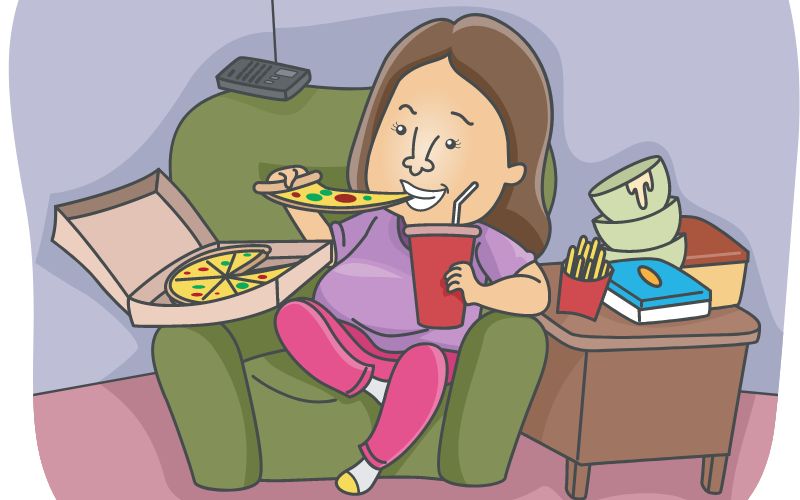Anurag suffers from binge eating disorder, which is characterized by periods of binge eating in which the sufferer eats an abnormally high quantity of food in a short amount of time, generally a few hours.
Those who suffer from binge-eating disorder frequently believe they have no control over what they consume. Sometimes feelings like happiness, anxiety, boredom, or worry following an event might set off a binge-eating episode.
What is Binge Eating Disorder?
Recurrent episodes of binge eating, or ingesting a significant amount of food in a short period of time, are the key signs of binge eating disorder. The binge-feeding person may experience anxiety or guilt following the session because they believe they have no control over their food intake. Unlike those with bulimia nervosa, patients with binge eating disorders do not partake in compensatory measures like purging following a binge.
Binge eating disorder can have serious mental and physical consequences, such as weight gain, depression, and elevated blood pressure. It might also increase the risk of getting other illnesses including diabetes and heart disease.
It's critical to get assistance if you or someone you love is experiencing binge eating disorder. Therapy, such as cognitive-behavioral therapy, may be part of the treatment for binge eating disorder to assist the patient in recognizing and altering harmful thought and behavior patterns linked to food and eating. To assist the person in developing healthy eating habits, it could also involve nutrition education and assistance.
To schedule a one-on-one online consultation with cognitive behavioral therapy specialists, click here.

Leave a Reply